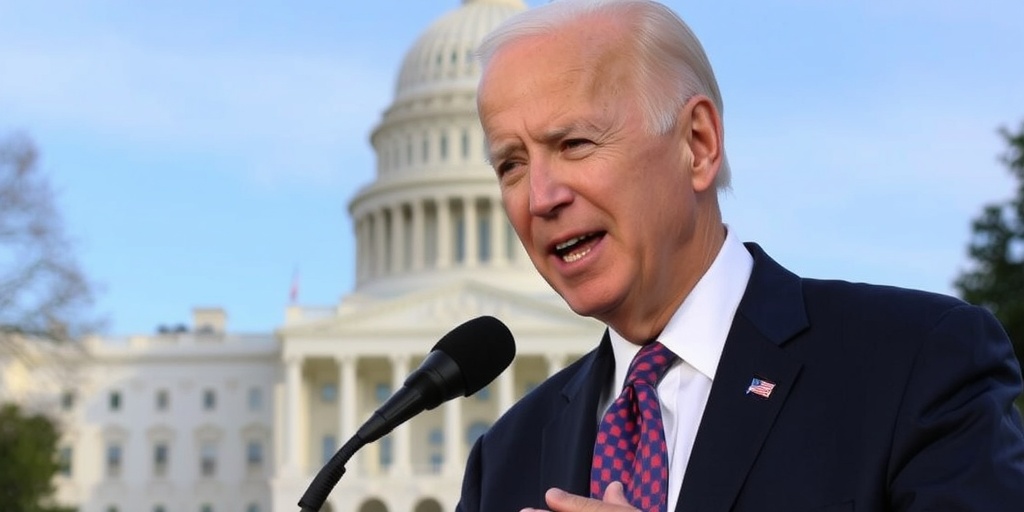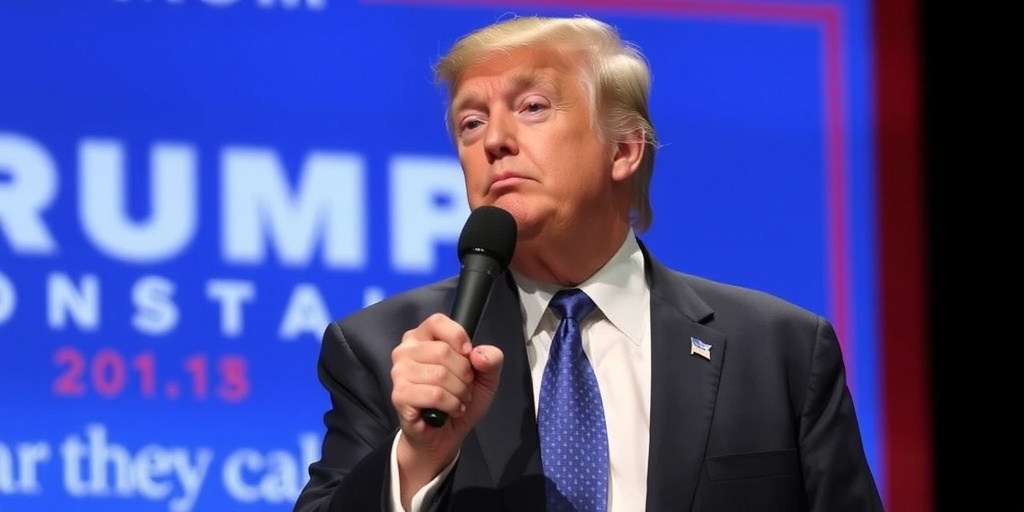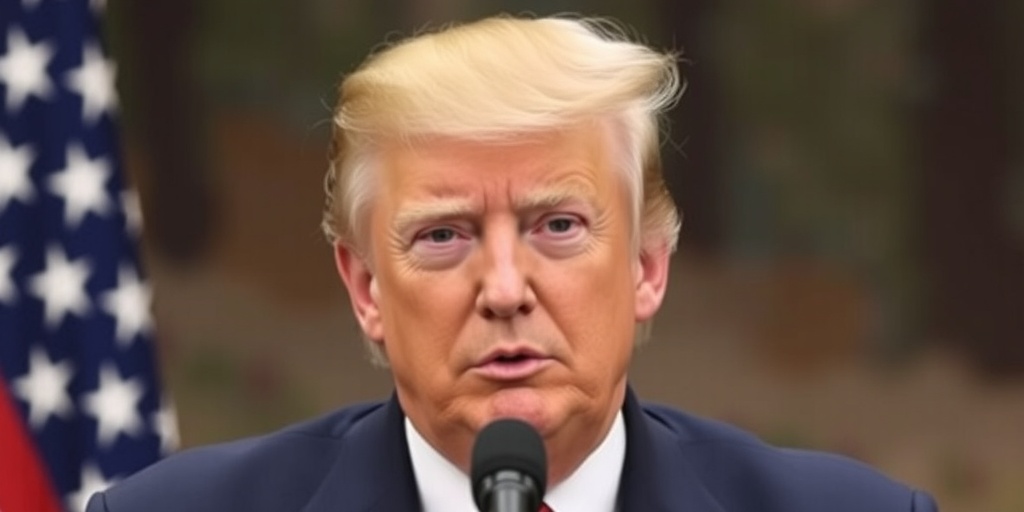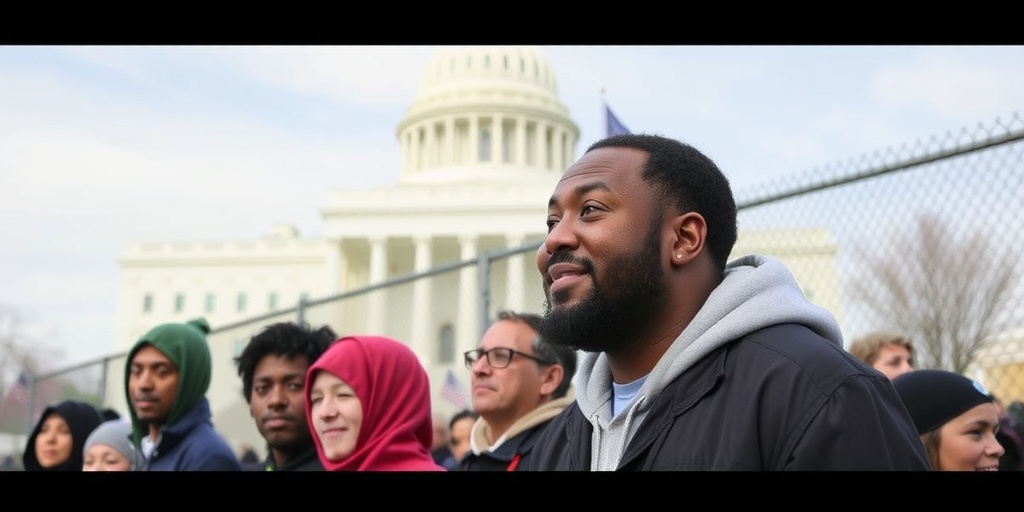Now Reading: 2 American Hostages Freed in Afghanistan Prisoner Swap
-
01
2 American Hostages Freed in Afghanistan Prisoner Swap
2 American Hostages Freed in Afghanistan Prisoner Swap

U.S. Secures Release of Two Americans from Taliban Custody in Prisoner Swap
In a noteworthy final act, the Biden administration has successfully orchestrated the release of two American citizens held captive in Afghanistan through a prisoner swap. This exchange involved the Taliban, which released the Americans in return for Khan Mohammed, a Taliban member imprisoned in the United States on drug-related charges.
Ryan Corbett and William Wallace McKenty were liberated by the Taliban as part of this swap. Khan Mohammed was specifically released from a federal prison in the United States after President Joe Biden granted him a conditional commutation while still in office. This decision, however, was not publicly disclosed until after the successful return of Mr. McKenty and Mr. Corbett.
Ryan Corbett, aged 42, had established a long-term residence in Afghanistan prior to the collapse of the U.S.-backed government in 2021. He had returned to the country with the intent of supporting the microlending and consulting business he had founded, but he was subsequently captured in the northern region of Afghanistan. In contrast, details surrounding William McKenty, aged 69, were more limited. His family had requested that his identity be kept confidential by the U.S. government.
While the release of Corbett and McKenty was met with relief and gratitude, it was a bittersweet moment for their families. Two other Americans, George Glezmann, a former airline mechanic, and Mahmood Habibi, an American citizen by naturalization, continue to remain in Afghanistan. Glezmann had been abducted shortly after a U.S. strike targeted Ayman al-Zawahri, the leader of Al Qaeda, last year. The families of Corbett and McKenty expressed their appreciation to both the Trump and Biden administrations for their efforts in securing the release, yet they voiced a deep sense of regret that Glezmann and Habibi were not included in the swap.
In a heartfelt statement, they shared, “It was our hope that Ryan, George, and Mahmoud would be returned to their families together, and we cannot imagine the pain that our good fortune will bring them.” This sentiment reflects the complexity and emotional weight surrounding hostage negotiations and their aftermath.
The Biden administration had actively sought the inclusion of Glezmann and Habibi in the negotiations with the Taliban but faced disappointment when this did not materialize. The officials noted that while they did not want to miss the opportunity to secure the release of Corbett and McKenty, they remained hopeful for the FBI to locate and recover the remaining hostages. Efforts to secure the release of all hostages were reportedly met with rejection from the Taliban, leaving Mr. Habibi’s whereabouts shrouded in mystery. The Taliban have claimed ignorance regarding Habibi’s status, adding another layer of frustration for U.S. officials.
The negotiations for this exchange were significantly supported by Qatar, which played an essential role in facilitating the deal and logistics for the release. Throughout Biden’s presidency, the administration claims to have successfully negotiated the release of over 80 hostages and individuals wrongfully detained across the globe.
Khan Mohammed was convicted in 2008 for his involvement with the Taliban, specifically accused of aiding the group in procuring rockets to target a U.S. military base in Afghanistan and for trafficking heroin intended for distribution in the U.S. His indictment spanned back to 2006, and he was subsequently brought to the U.S. in 2007 for trial and imprisonment.
Although the recent exchange is notable, it did not encompass the release of Muhammad Rahim, an Afghan detainee held at Guantanamo Bay since 2008. Some factions within the Biden administration opposed his release, particularly while the fate of Mahmood Habibi remained uncertain. The U.S. government’s designation of Rahim reflects its concerns, as he is believed to have connections with Al Qaeda and Osama bin Laden. However, advocates of Rahim’s release have argued that he played a lesser role, positing that he acted primarily as a courier and translator, thus posing minimal danger to national security.
James G. Connell III, Rahim’s attorney, articulated concerns over the missed opportunity for an exchange involving a person they believe holds little in terms of intelligence value to the U.S., saying, “The former administration seems to have missed an opportunity to bring an American home in an exchange for a person with no intelligence or security value to the United States.”
As this situation unfolds, it serves as a reminder of the complexities and challenges involved in dealing with hostage situations and the ongoing implications for U.S. foreign relations, particularly with the Taliban and other factions in the region.
Stay Informed With the Latest & Most Important News
Previous Post
Next Post
-
 01New technology breakthrough has everyone talking right now
01New technology breakthrough has everyone talking right now -
 02Unbelievable life hack everyone needs to try today
02Unbelievable life hack everyone needs to try today -
 03Fascinating discovery found buried deep beneath the ocean
03Fascinating discovery found buried deep beneath the ocean -
 04Man invents genius device that solves everyday problems
04Man invents genius device that solves everyday problems -
 05Shocking discovery that changes what we know forever
05Shocking discovery that changes what we know forever -
 06Internet goes wild over celebrity’s unexpected fashion choice
06Internet goes wild over celebrity’s unexpected fashion choice -
 07Rare animal sighting stuns scientists and wildlife lovers
07Rare animal sighting stuns scientists and wildlife lovers





















